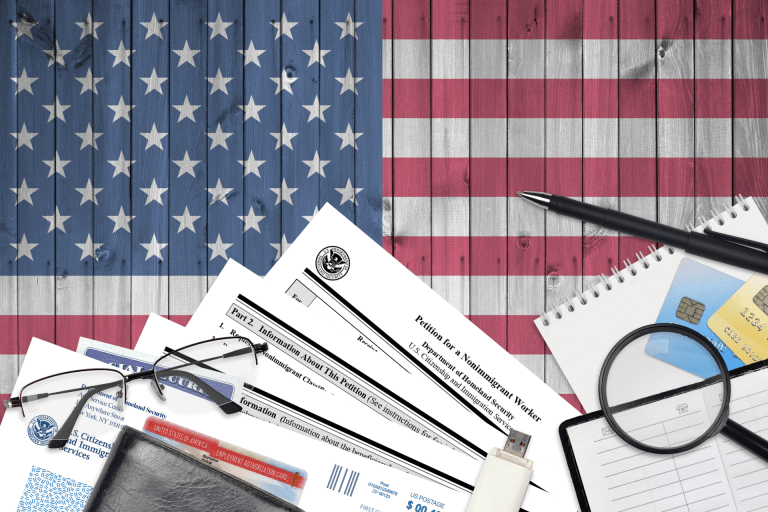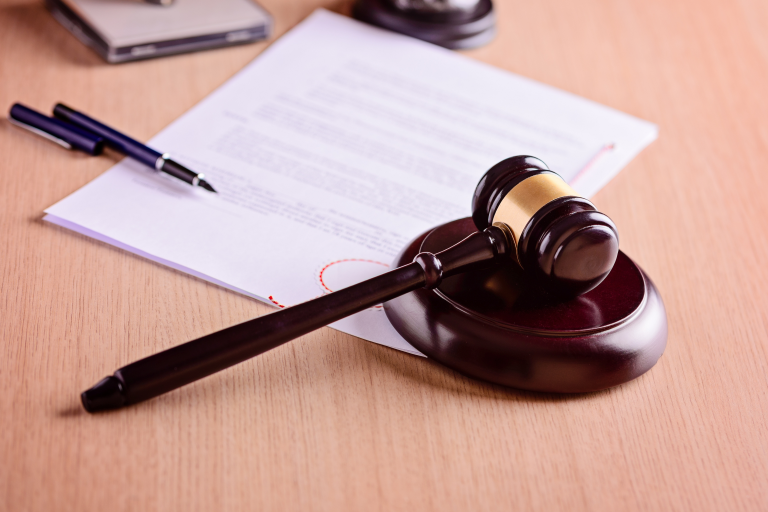There are different types of co-ownership in Florida, such as tenancy in common, joint ownership, and tenancy by the entirety. If the co-owners of a property cannot agree on how it should be used or managed, they have the right to file a partition action in court.
In this article, you will discover the timeframe of a Florida partition action.
Partition Action in Florida – The Essentials
There are two types of partition in Florida – partition in kind and partition by sale. In a partition in kind, the court divides the legal title to property among the owners using the principles of equitability.
As its name suggests, a partition by sale happens when a court orders a property to be sold and equitably distributes the proceeds among the owners. This type of partition applies in cases where the court understands that a partition in kind would prejudice the owners.
If the court decides to order a partition by sale, the property may be sold at a private sale under the supervision of the clerk or a magistrate, or through a judicial sale by public auction.
Florida case law also provides the possibility for a judicially sanctioned private sale (Carlsen v. Carlsen, 346 So. 2d 132, 133 (Fla. 2d DCA 1977)). Please note that a married individual who owns property under tenancy by the entirety cannot file a partition lawsuit against his or her spouse (the co-owner).
Partition Action in Florida – Key Elements to Win a Partition Lawsuit
There is no one-size-fits-all approach in cases involving partition. The strategy used by the plaintiff will depend on the factors involved, such as the dispute’s motivation and the willingness of the parties to settle the case out of the court.
Some co-owners may want to keep the property as it is while equally sharing management rights. If co-management is no longer possible in a large property, it is possible to partition it into parcels of land.
If there is no feasible way to divide the property physically, the court will likely order the sale of the property and each co-owner will receive their fair share of the proceeds. Also, one of the co-owners may want to “buy out” the share of the others to attain full possession of the property.
How Long Does a Partition Action Take in Florida? – The Verdict
As long as no disputes or delays are affecting the case, a plaintiff may have to wait a year and a half to two years to get to trial on a partition action. Determining a set timeframe for a partition action is difficult due to the level of complexity involved.
Various factors may affect a partition action, such as complications in the discovery process, the number of co-owners disputing the property, unwillingness to negotiate out of court, and court scheduling issues.
The ideal approach is to consult with an expert attorney to identify whether it is possible to settle the case out of court. Alternative resolution methods may reduce the time frame and the costs involved in the process.
Additionally, an expedited process may result in timely distribution of the property or funds obtained in a property’s sale.
Do You Need a Competent Attorney to Handle a Partition Action in Florida? – Immediately Contact Jurado & Associates, P.A.
Immediately contact us for an individual assessment – call Jurado & Associates, P.A. today at (305) 921-0976 or email [email protected] to schedule a consultation.






